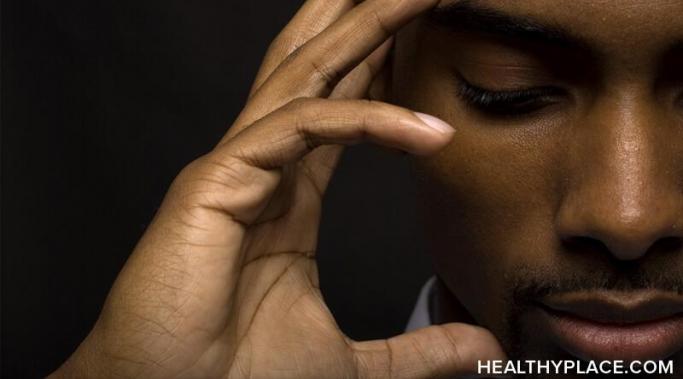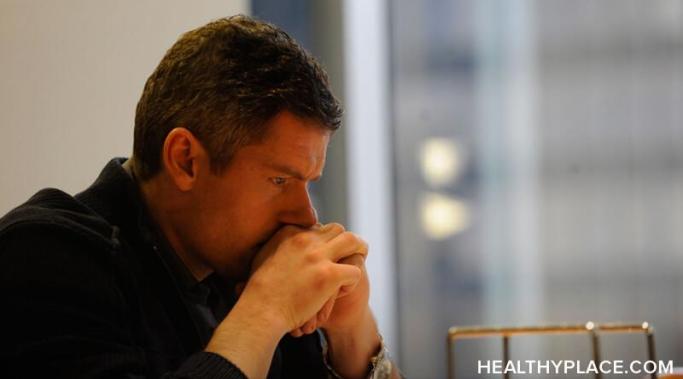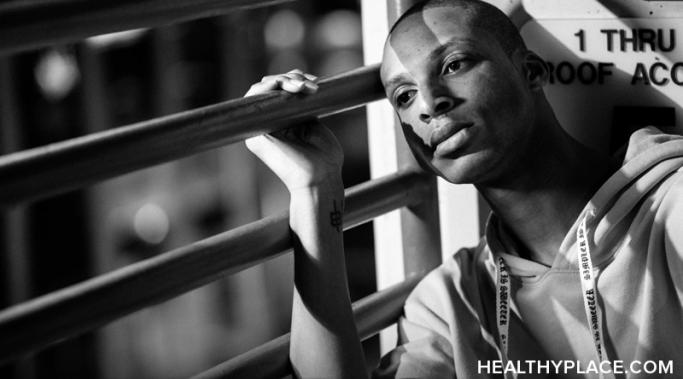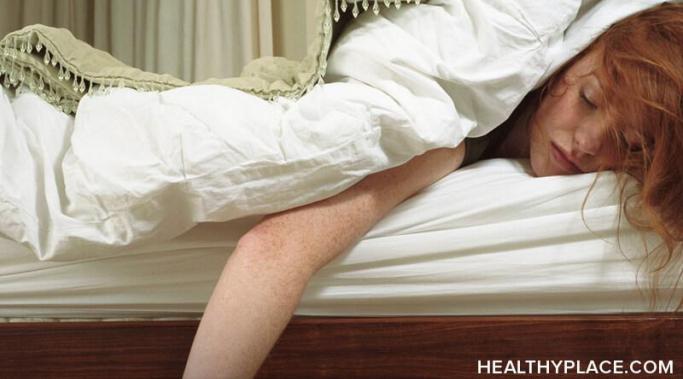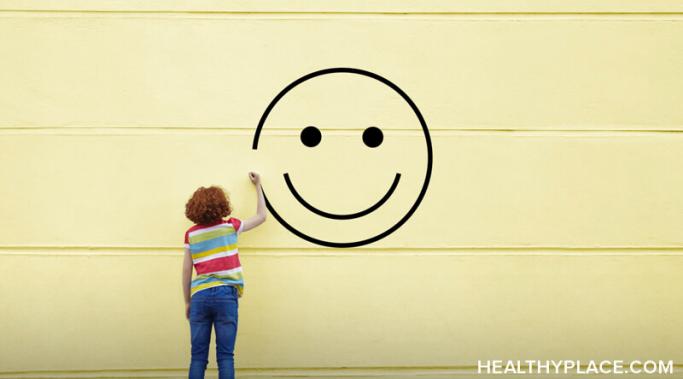"Feel the fear and do it anyway" is a popular motivational phrase, but its wisdom is often difficult to actually implement in your life, especially if you deal with anxiety. Fear and anxiety are huge, overwhelming emotions, and many of us struggle to even allow ourselves to feel them, let alone feel them and then continue functioning like a healthy person. Still, that doesn't mean it's impossible. It just means we may need some help to "feel the fear and do it anyway." These are three tips I've developed through years of living with anxiety.
Recovering from Mental Illness
I have recently quit drinking. Drinking has negatively impacted my life for the past few months and I decided to stop a couple weeks ago. I am hoping this will put me on a path to a healthier life both mentally and physically.
Do you need some mental health encouragement? Watch this video.
September is Suicide Awareness Month, and in honor of that, I want to share my experience with feeling semi-suicidal. My hope is that other people who have occupied this awful in-between space will understand that what they're going through is very real, and someone else has been there too. (Note: This post contains a trigger warning.)
As a mental health worker, I am always concerned about how first responders treat mental health concerns and crises. Two such duties are safety checks and dealing with suicide attempts. (Safety checks are when law enforcement checks on someone who has been reported in danger or will possibly harm himself or others.) Here in Toledo, suicide attempts are taken very seriously by emergency services. However, safety checks are of low priority. (Note: This post contains a trigger warning.)
Healthy sleep in recovery from mental illness is absolutely vital, but do you know when you're using sleep as a coping mechanism and when you're using it as avoidance? It can be a very fine line, but in this post and video, I talk about some of the good signs and red flags when it comes to healthy sleep in recovery from mental illness.
The stigma of attention-seeking behavior is everywhere. How many times have you heard someone dismissively say something like, "They're just doing it for the attention."? We talk about attention-seeking behavior like it's a low, manipulative trick when in reality, it's just the manifestation of a deeply-human need.
Let's face it -- getting through the day with a mental illness can sometimes feel like an uphill battle, so having good mental health habits is priority one. My biggest challenge is avoiding stress-induced mental illness symptoms. It helps to go day-by-day, step-by-step, and to remember my priorities. Here are a few everyday habits I have developed to keep my recovery on track.
Remembering my medication at this point in my life and mental health recovery is very important. I accept that I need psychiatric medication to function. That can be a hard thing to admit sometimes. I'm at a place where I have a lot going on in my life and I feel it would fall apart if I didn't take my medication. Long story short -- my medication is extremely important.
Depression in recovery often presents very differently compared to untreated depression, but that doesn't mean that the struggles aren't valid. It means that as symptoms improve and you find healthy coping mechanisms, your depression will start to manifest in different ways.
